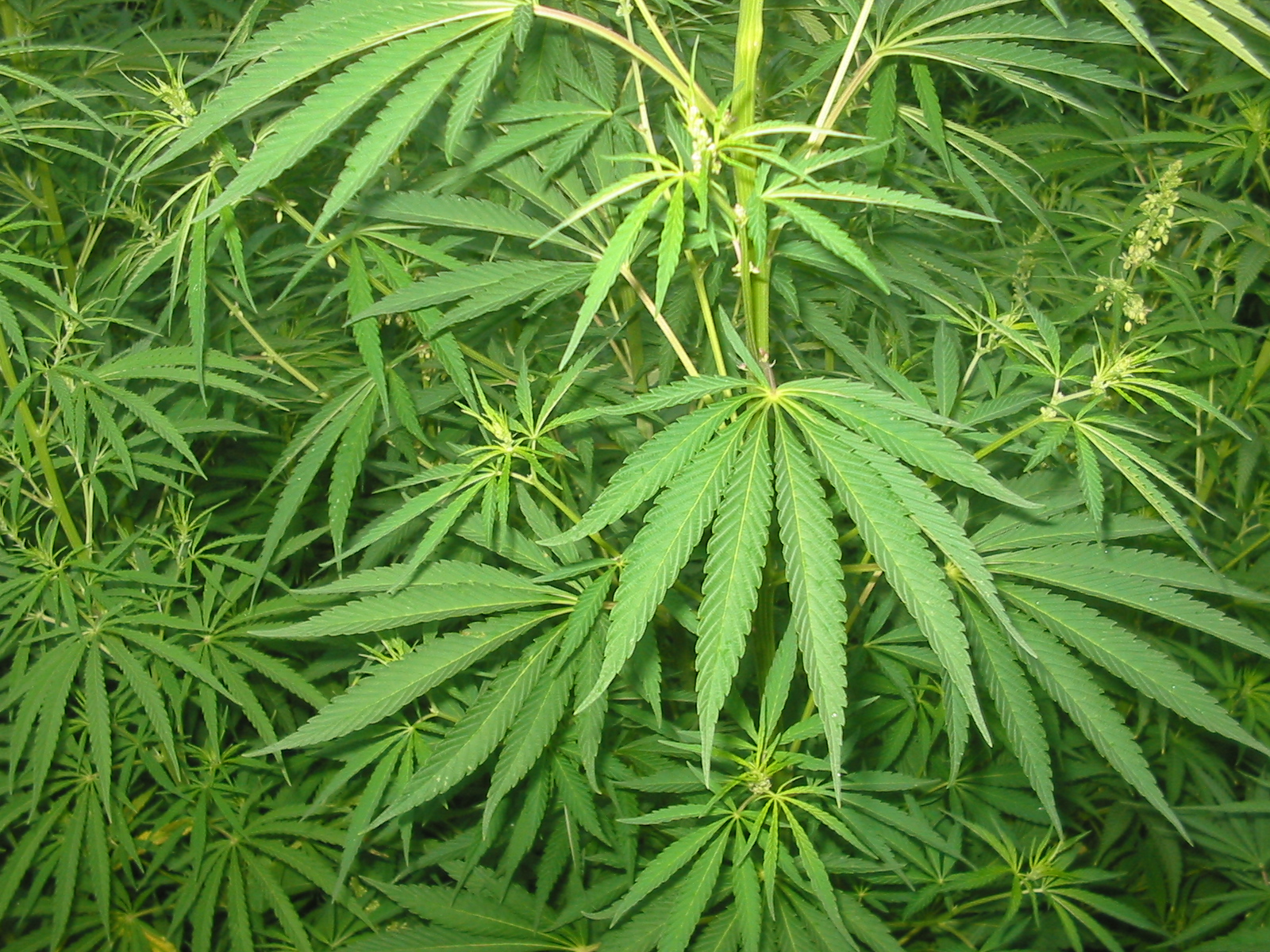29
Mar
Washington State’s Emergency Rule Allows Recall of Contaminated Cannabis Products
(Beyond Pesticides, March 29, 2016) Last week, Washington State’s Liquor and Cannabis Board (WSLCB) adopted emergency rules allowing the state to recall cannabis products that have been tainted with illegal pesticide residues. The move follows widespread cannabis recalls in the City of Denver, and actions from Colorado’s Governor to declare pesticide-tainted cannabis “a threat to public safety.” Earlier in the month, Beyond Pesticides sent letters to Washington State Department of Agriculture (WSDA) and Governor Jay Inslee imploring the state to take a proactive approach in restricting the use of hazardous pesticides in cannabis production.
 Until now, Washington State had no process in place to remove illegally contaminated cannabis products from the market. WSLCB will now issue recalls or allow producers to initiate product removal if there is evidence that pesticides not approved by the state were used or are present on salable marijuana plants or products. However, because the state does not mandate batch testing of cannabis plants or products, it is unclear how or whether the new rule will be enforced. In an interview with the Seattle Times, WSLCB spokesman Brian Smith indicated that the state will not be taking a zero-tolerance approach. “If a product tests very high for an unapproved pesticide, that will certainly increase the odds of recall. In the end, we may have to defend any potential recall action so a level of reasonableness will factor,” Mr. Smith said.
Until now, Washington State had no process in place to remove illegally contaminated cannabis products from the market. WSLCB will now issue recalls or allow producers to initiate product removal if there is evidence that pesticides not approved by the state were used or are present on salable marijuana plants or products. However, because the state does not mandate batch testing of cannabis plants or products, it is unclear how or whether the new rule will be enforced. In an interview with the Seattle Times, WSLCB spokesman Brian Smith indicated that the state will not be taking a zero-tolerance approach. “If a product tests very high for an unapproved pesticide, that will certainly increase the odds of recall. In the end, we may have to defend any potential recall action so a level of reasonableness will factor,” Mr. Smith said.
Available data on pesticide exposure from residue in cannabis smoke raises serious health concerns. Those who use cannabis for medicinal purposes may have underlying health conditions that can be complicated or worsened by pesticide exposure. Implementing an emergency measure to allow state recalls is a step forward, but requires a strong enforcement mechanism and way of ensuring that even the most sensitive medicinal cannabis users are protected.
Beyond Pesticides is urging states to prohibit registered pesticides in cannabis production, given the lack of testing for increased exposure through inhalation, ingestion, and skin absorption. Washington State currently lists over 200 pesticide products as permitted in cannabis production, despite their lack of compliance with federal and state testing requirements for the range of consumer, worker, and environmental exposures. While Washington’s list is generally more restrictive than Colorado’s because it limits permitted pesticides to those exempt from tolerances (which establishes allowed residues), there is concern that the unique exposure patterns and toxic body burden are not studied. Additionally, Washington’s list includes an allowance for the problematic synergist piperonyl butoxide (PBO), which is often mixed with pesticides to increase their potency. PBO is a highly toxic substance that is linked to a range of short- and long-term effects, including cancer and adverse impacts on liver function and the nervous system. It is commonly used as a synergist in pyrethrin-based pesticide products, many of which can be found on Washington State’s allowed pesticide list.
Beyond Pesticides supports criteria which limits allowed pesticides to those that are exempt from registration under federal pesticide law and also permitted for use in organic production, as has been done in New Hampshire. “As outlined in the letter sent to WSDA officials, adhering exclusively to pesticides allowed under 25(b) [Federal Insecticide, Fungicide and Rodenticide Act (FIFRA)] is the best way to avoid any legal ramifications for unregistered pesticide use, as well as protect workers, consumers and the environment safe from the unstudied side effects that may result from the use of toxic pesticides on marijuana crops,” said Jay Feldman, executive director of Beyond Pesticides. With this approach, Beyond Pesticides urges growers to develop an organic system plan that encourages pest prevention, and eliminating pest-conducive conditions. Implementing this approach, advocates say, will ensure the sustained growth of cannabis production that protects public health and the environment.
For more information and background on this important issue, see Beyond Pesticides’ report Pesticide Use in Marijuana Production: Safety Issues and Sustainable Options.
All unattributed positions and opinions in this piece are those of Beyond Pesticides.
Source: Seattle Times










